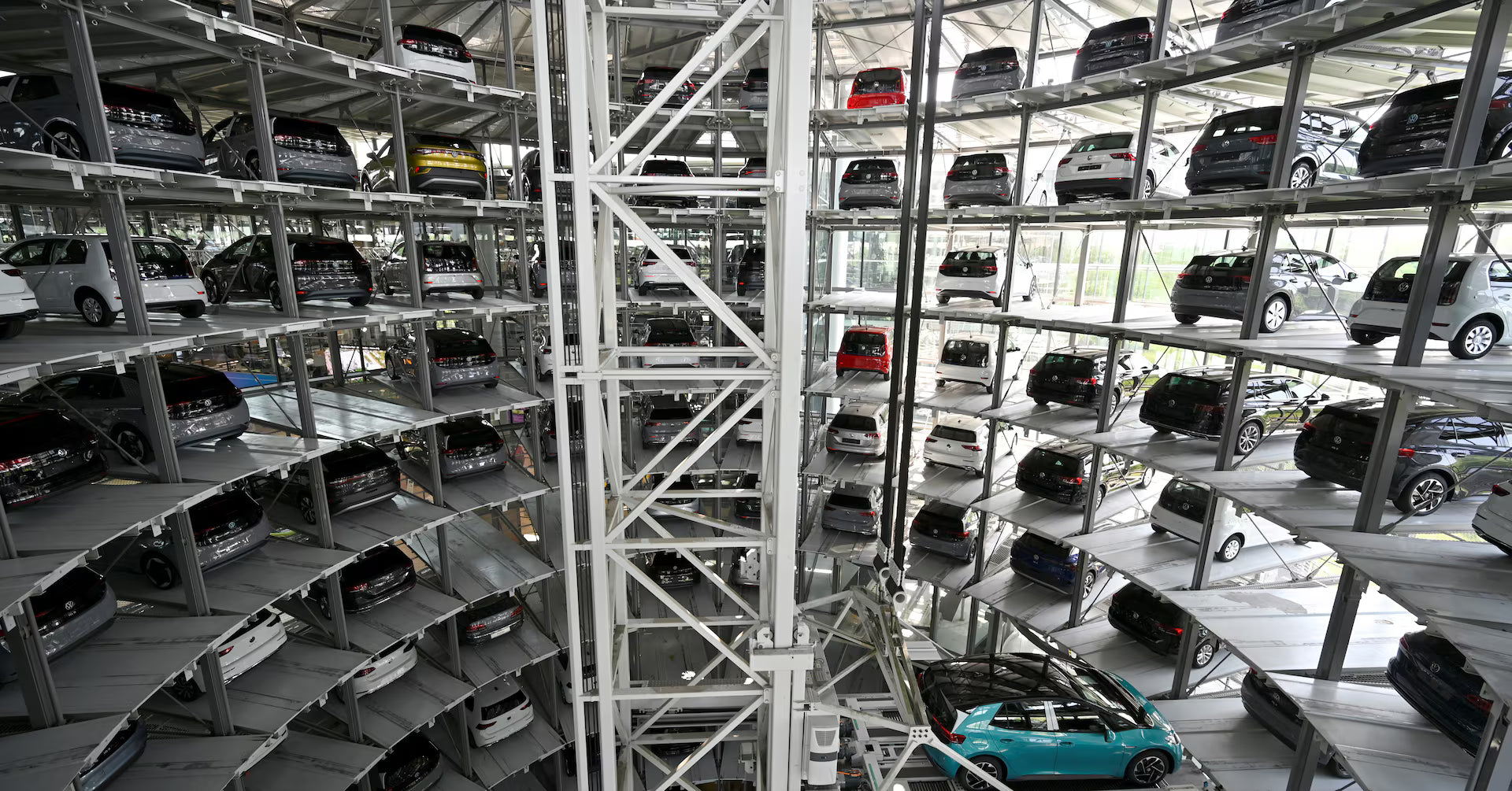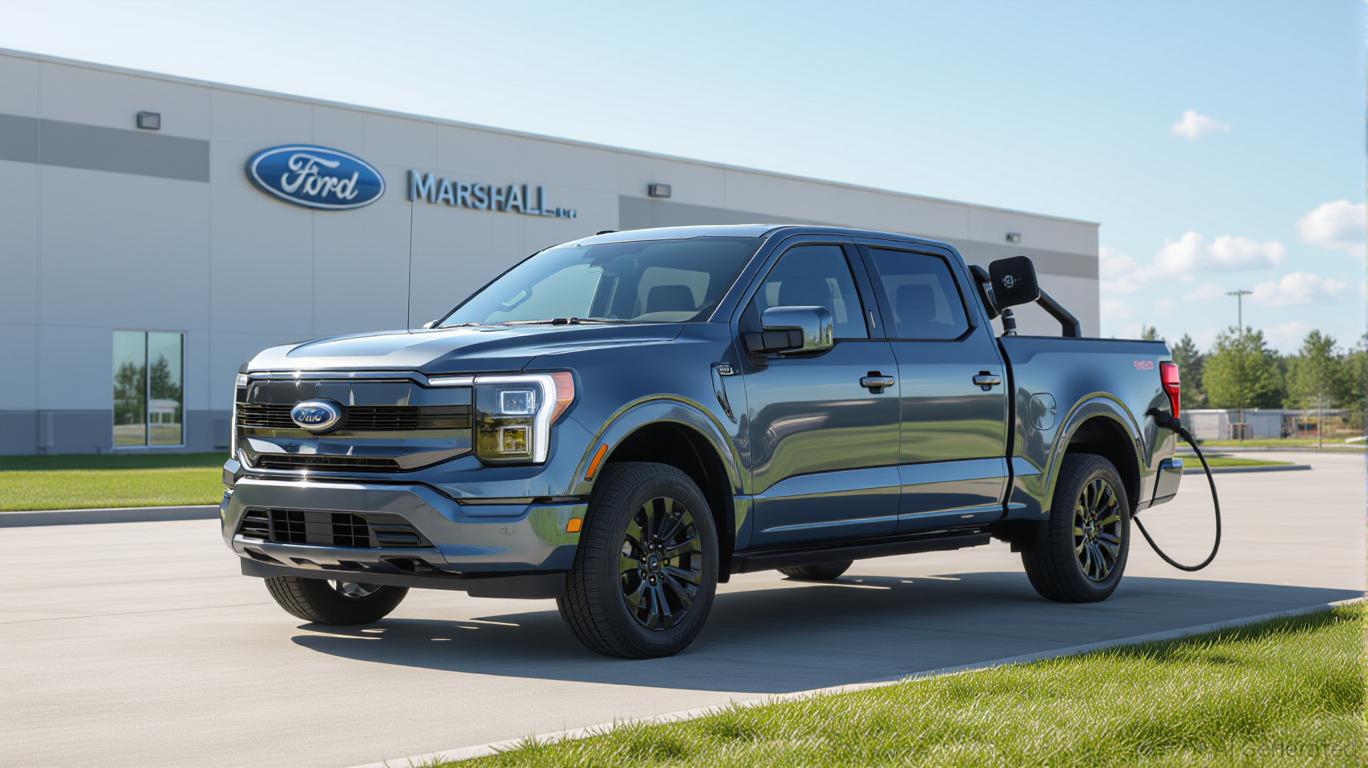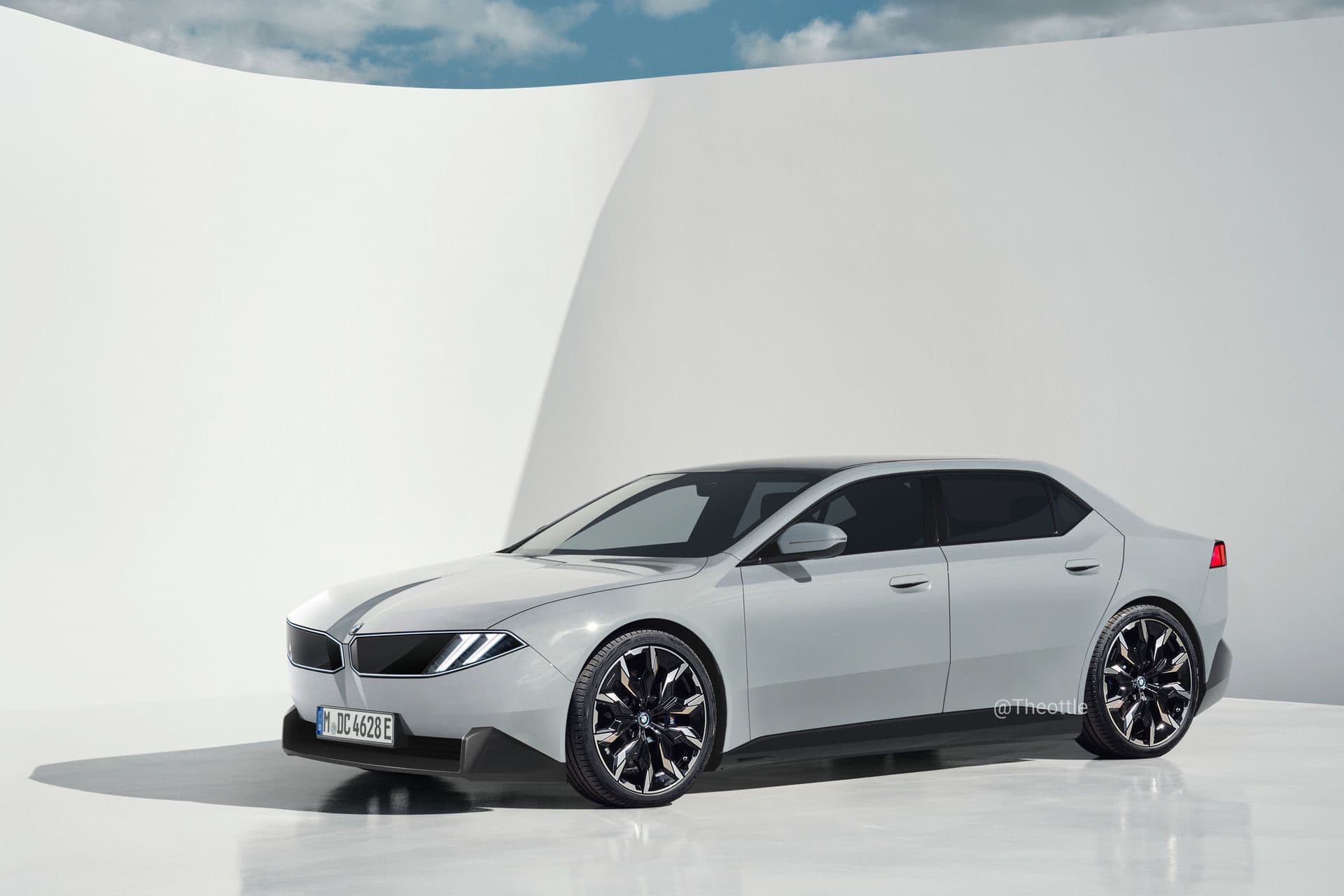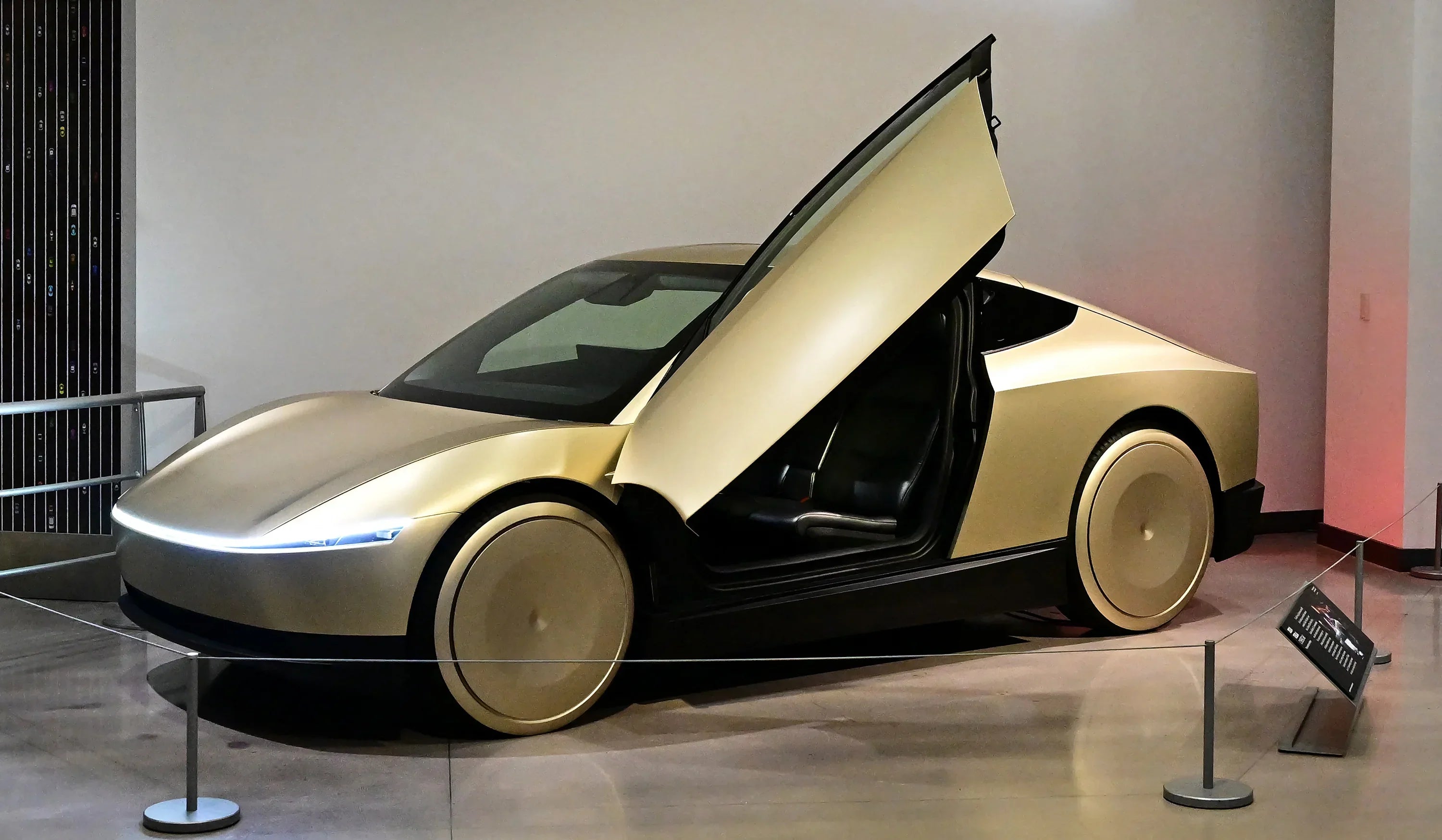Réductions de production à venir
Le groupe Volkswagen s'apprête à suspendre temporairement la production de plusieurs modèles électriques clés en Europe, face au ralentissement de la demande et aux tensions commerciales qui complexifient la fixation des prix. Selon un article de Bloomberg citant des sources proches du dossier , l'Audi Q4 E-Tron, la Volkswagen ID.4 et la Volkswagen ID.7 seront toutes concernées dans les semaines à venir.

L'usine de Zwickau est la première touchée
À l'usine de Zwickau, en Allemagne, la production de l'Audi Q4 E-Tron sera interrompue pendant une semaine à compter du 6 octobre . Un porte-parole a confirmé cette décision, soulignant la faiblesse de la demande en Europe et les difficultés de prix liées aux droits de douane américains.
L'usine de Zwickau est importante car elle a été convertie en usine 100 % électrique , constituant ainsi l'épine dorsale de la stratégie électrique européenne de Volkswagen. Elle fabrique actuellement l'Audi Q4 E-Tron, les Volkswagen ID.3, ID.4 et ID.5, ainsi que la Cupra Born.
Bien que les unités ID.4 destinées au marché américain soient assemblées dans une usine distincte à Chattanooga, dans le Tennessee , ce site devrait également subir des perturbations. Des rapports suggèrent qu'un chômage partiel temporaire est prévu pour octobre.
L'usine d'Emden réduit ses activités
Parallèlement, l'usine Volkswagen d'Emden, en Allemagne, qui produit l'ID.4 et la berline ID.7, plus grande, réduit les horaires de travail. Selon des sources ayant requis l'anonymat, la direction se prépare à fermer les lignes de production pendant plusieurs jours en octobre.
Ce n'est pas la première fois qu'Emden est confrontée à des perturbations. Tout comme Zwickau, elle a connu plusieurs fermetures temporaires, le constructeur automobile tentant d'adapter sa production à la fluctuation de la demande de véhicules électriques.
Contexte du marché : gains et limites
Cette pause de production fait suite à une période de turbulences pour la stratégie électrique de Volkswagen. Après des ventes de véhicules électriques décevantes en 2023 et début 2024 , l'entreprise a rebondi pour devenir le leader européen des ventes de véhicules électriques, surpassant Tesla .
Les principales mises à jour apportées aux ID.3 et ID.4, notamment des logiciels améliorés et une fiabilité accrue, ont contribué à restaurer la réputation de Volkswagen et à restaurer la confiance des consommateurs. Ainsi, la marque a livré plus de 16 000 véhicules électriques en Europe le mois dernier , soit une augmentation de 45 % par rapport à l'année précédente.
Pourquoi faire une pause maintenant ?
Malgré ces progrès, les volumes de ventes semblent encore insuffisants pour assurer une production ininterrompue dans plusieurs usines. Les analystes constatent que les marges du secteur des véhicules électriques restent faibles, et que la hausse des coûts liée aux droits de douane et aux ajustements de la chaîne d'approvisionnement complique la justification, pour les constructeurs automobiles, d'un fonctionnement à pleine capacité des lignes de production.
La stratégie de diversification de la gamme de Volkswagen a permis une certaine résilience, mais les fermetures temporaires soulignent la volatilité du marché européen des véhicules électriques. La concurrence croissante, les disparités régionales de la demande et l'évolution de la dynamique commerciale obligent les constructeurs à réajuster leur production plus fréquemment qu'à l'ère traditionnelle des voitures à combustion.

Regard vers l'avenir
Volkswagen n'a pas confirmé la durée des pauses au-delà de la première semaine à Zwickau. L'entreprise affirme qu'elle continuera de suivre de près la demande et d'ajuster la production si nécessaire.
Alors que Volkswagen reste la marque de véhicules électriques la plus vendue en Europe, le ralentissement actuel souligne l'équilibre délicat auquel sont confrontés les constructeurs automobiles : se développer suffisamment rapidement pour être compétitifs à l'échelle mondiale, tout en évitant une surproduction coûteuse.
Comme l’a déclaré un analyste du secteur, Volkswagen a peut-être détrôné Tesla en Europe, mais n’a pas encore résolu le problème de la rentabilité constante des véhicules électriques.
Lecture recommandée : Tesla étend sa production allemande malgré la baisse des ventes européennes








Partager:
Stellantis dévoile IBIS : une batterie pour véhicules électriques plus intelligente et plus compacte qui optimise l'autonomie et la charge.
Le Volvo EX60 inaugure une nouvelle ère de batteries électriques prismatiques et structurelles